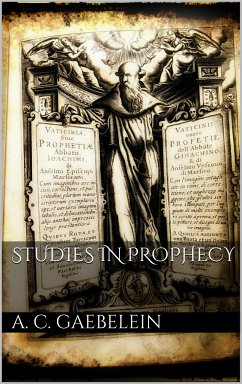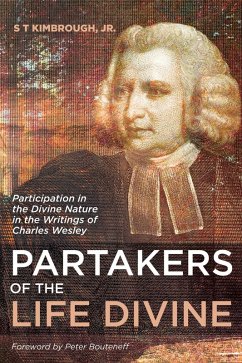Satan is a person and has a history. No intelligent believer in the Bible denies this, for the Bible teaches in both Testaments that such a being exists, and more than that, the history of this person is given in the Word of God. He is not a divine being, but a creature. His origin, his work and his final destiny are revealed in the Scriptures. Yet it needs to be stated that much in connection with this person is obscure and that certain facts can only be learned by inference.
Dieser Download kann aus rechtlichen Gründen nur mit Rechnungsadresse in A, B, BG, CY, HR, DK, EW, FIN, F, D, GR, IRL, I, LR, LT, L, M, NL, PL, P, CZ, R, SK, SLO, S, H ausgeliefert werden.









